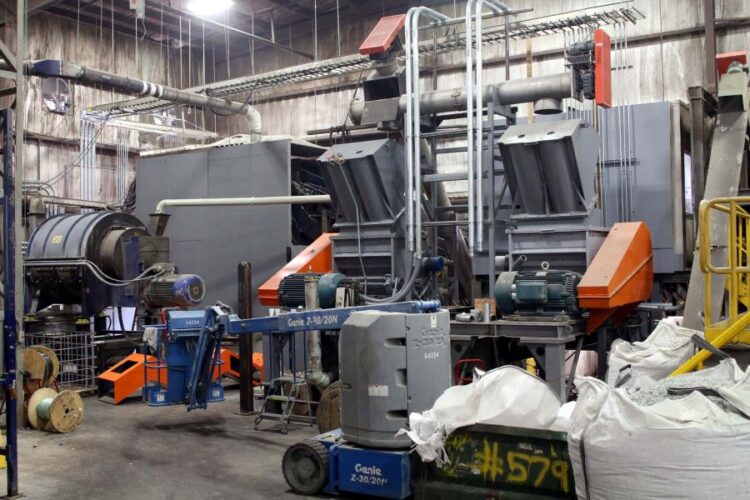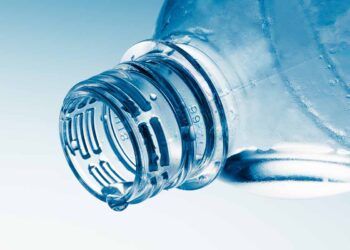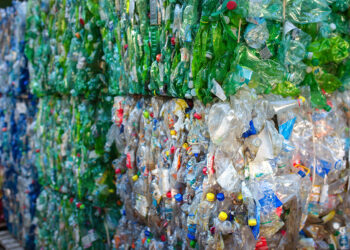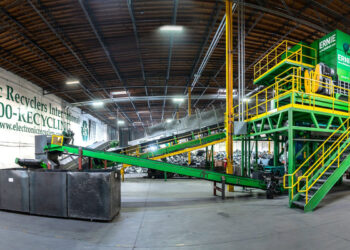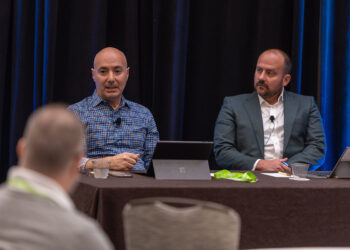A Pacific Northwest PET reclaimer is working to expand its capacity, with an eye toward continued population growth in Oregon and a potential bottle bill on the horizon in Washington state.
The ORPET facility in St. Helens, Ore. recycles PET beverage containers that are collected by the Oregon Beverage Recycling Cooperative (OBRC), which runs the vast majority of the state’s bottle and can deposit program.
The capacity of the plant, which is less than 25 miles from Portland city limits, sits at around 32 million pounds per year. It’s currently running a little over capacity.
“We need to expand and build on that,” said Troy Ballew, chief operating officer at OBRC, which owns a minority stake in ORPET.
Equipment and land purchases
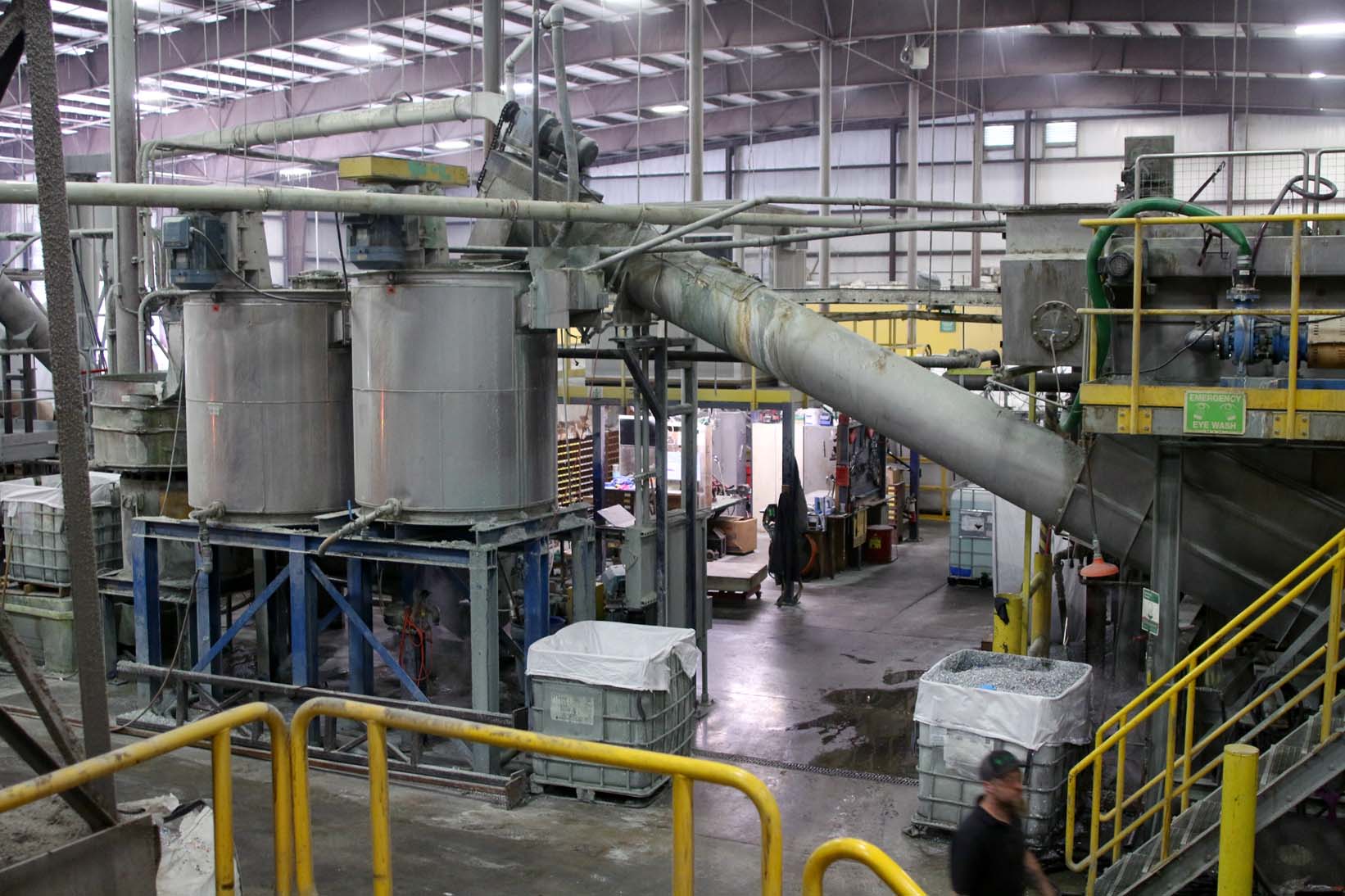
OBRC and the majority owner of the plant, Merlin Plastics, recently installed two additional wet grinders, which will address a big part of the bottleneck, Ballew told Resource Recycling. The equipment additions will boost the plant’s capacity by between 25 million and 35 million pounds per year.
The wet grinders, which are Zerma GSH-1200 granulators, arrived last fall, and it took nearly six months to install them and get them running as part of the existing system, Ballew said. Merlin Plastics bought them used for roughly $750,000 total, he said.
Ballew said the plan is to run both new grinders and an old one together, almost doubling the plant’s current capacity to produce washed flakes.
In addition, ORPET has made improvements to its wash line to speed it up and improve output quality, he said. German equipment supplier B+B Anlagenbau improved the speed of the carousel, which introduces the PET flakes into the wash line. The company also upgraded the boiler and rinsing system.
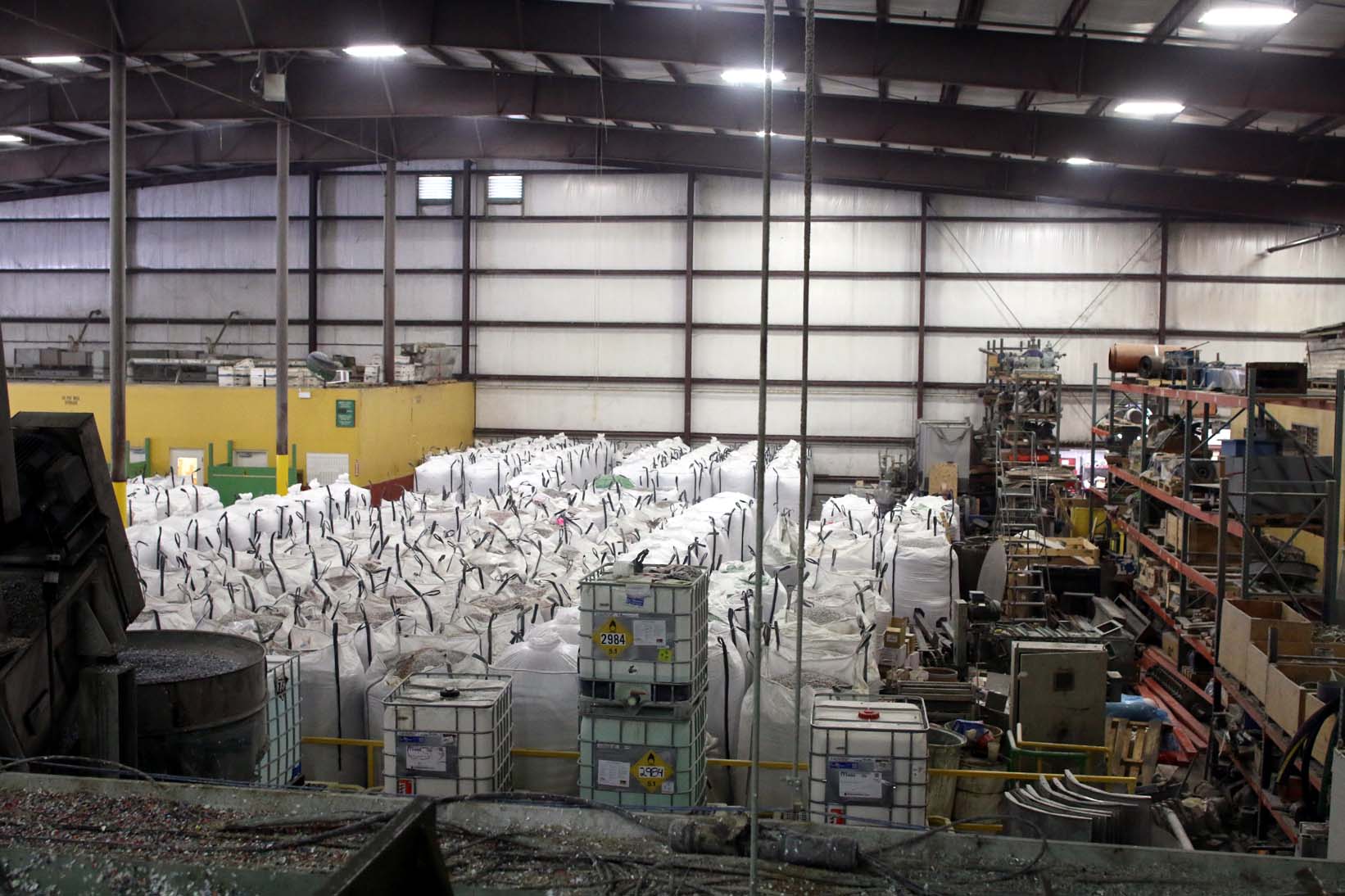
“The wash line was not only to improve on the throughput of the line but also the quality of the material to make the flake cleaner,” he said.
Ballew estimated ORPET has spent $2.0 million to $2.5 million on the equipment upgrades, which have taken a couple of years.
Finally, ORPET also recently purchased 2 acres adjacent to the plant for expansion. That will allow ORPET to expand the size of the facility from 45,000 square feet to 65,000 square feet, and will provide more yard storage capacity, he noted.
Project planning will begin later this year, with construction likely to start in late 2024 or early 2025.
Projections for volume growth
One driver of the project is simply Oregon’s growth, Ballew noted.
The Beaver State’s population declined slightly from 2021 to 2022, but it’s otherwise been on a solid upward trend, with the state gaining a U.S. House of Representatives seat after the 2020 Census.
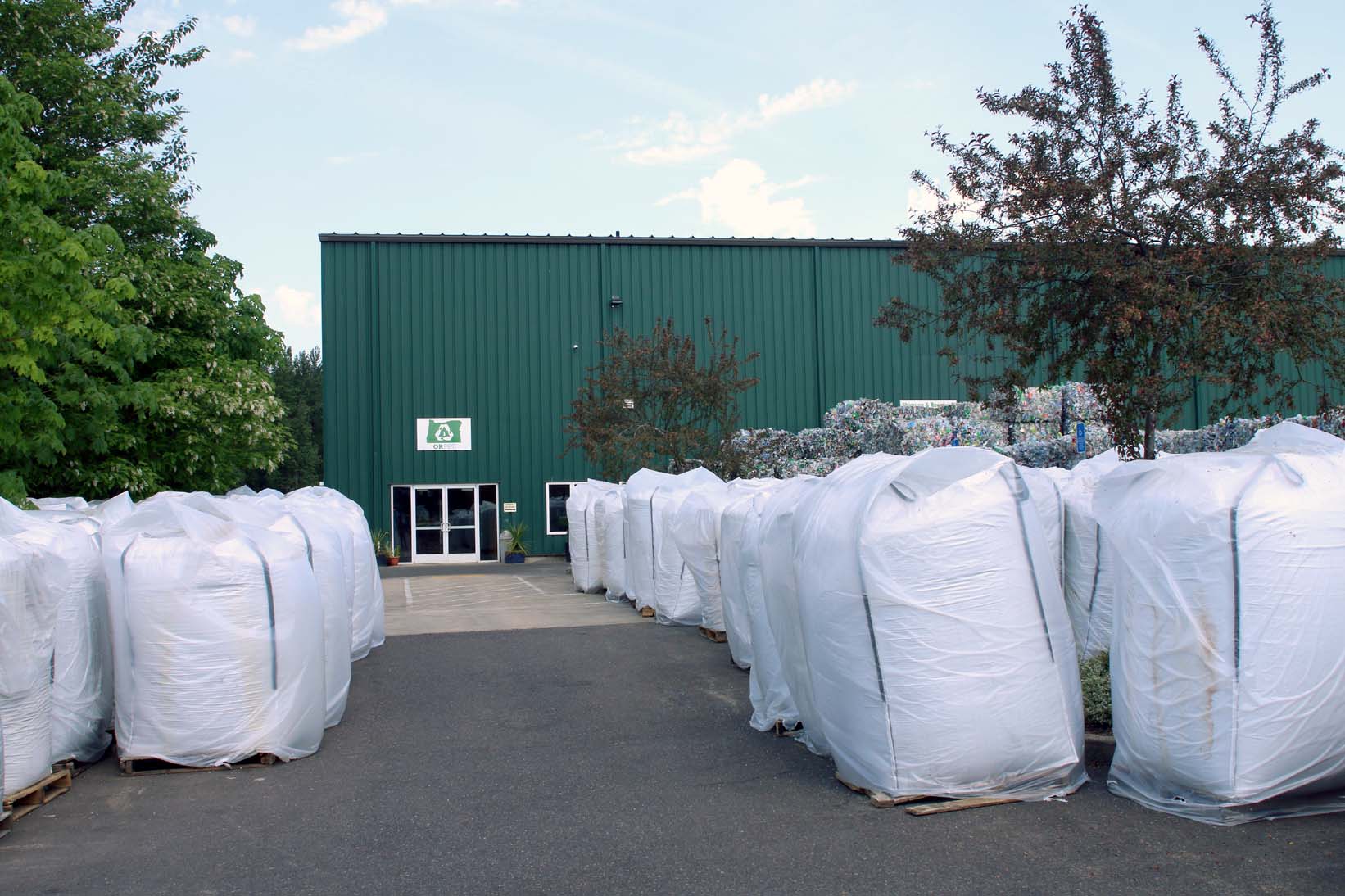
Ballew said ORPET sees increases of up to 500,000 pounds of incoming PET each year because of population growth, which generally translates to greater beverage consumption.
For the most part, PET bottles are almost all already included in the bottle bill. The program expanded in 2009 to include water and flavored water and again in 2018 to include juice, hard cider, energy and sport drinks, tea, coffee, kombucha, ready-to-use mixers, smoothies, protein shakes, nonalcoholic wine, nutritional supplements, drinking vinegar, marijuana beverages, coconut water and others.
“At this point, the majority of the volume, if not all of it, is in [the program], except for some minor items,” Ballew noted.
But Oregon’s neighbor to the north is a different story. ORPET sits just across the Columbia River from Washington state, which doesn’t have a bottle bill but has mulled legislation to create one. Senate Bill 5154, dubbed the WRAP Act, would usher in extended producer responsibility (EPR) for paper and packaging and authorize the creation of a deposit return system for beverage containers.
The bill failed to advance during the legislative session this year, but advocates hope to bring it back for consideration.
Eric Chambers, OBRC’s vice president of strategy and outreach, noted that the bill’s deposit provisions included just about the same beverage types as Oregon’s program, with a few extra included.
“I think trying to anticipate the potential of future policy impacts on our operation at ORPET is an important piece of it,” Chambers said.
He also noted that because Washington’s population is a little under two times the size of Oregon’s, any bottle bill there would likely necessitate other flake production capacity to serve the state.
A version of this story appeared in Plastics Recycling Update on June 21.






